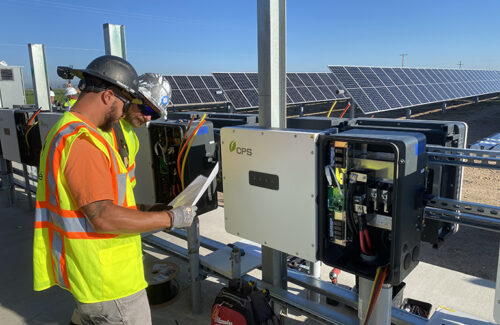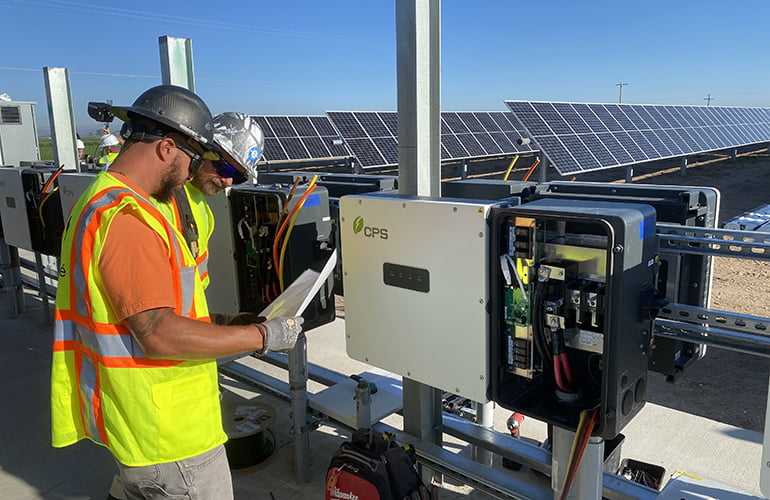With the anticipated initial decision of the AD/CVD prevention investigation of the Dept. of Commerce pushed to December 1, SEIA and 240 solar companies sent a letter to Commerce Sec. Gina Raimondo requesting that she dismiss the original petition.

Credit: Namaste Solar
The Commerce investigation began in March 2022 after California-based solar panel assembler Auxin Solar petitioned for a review of Chinese solar panel manufacturers moving parts of their manufacturing operations to Southeast Asia as a way to avoid anti-dumping / countervailing duties (AD / CVD) in place against Chinese solar manufacturers since 2012. In particular, Auxin wants a deeper look at solar operations in Cambodia, Malaysia, Thailand and Vietnam to determine if Chinese wafers, aluminum frames, backsheets and others are used in exported cells and modules. If enough Chinese products can be found in module exports to Southeast Asia, DOC may extend AD/CVD to the aforementioned countries.
Commerce must make a preliminary determination in this potential circumvention case by December 1, and the companies in this letter explain that an affirmative determination would be unreasonable and would restrict America’s ability to deploy of clean energy.
“President Biden took an important step this summer to free up a gridlocked solar supply chain, but companies can’t take advantage of the administration’s landmark climate policy if it’s unfounded that case will not be dismissed,” said Abigail Ross Hopper, president and CEO of SEIA. “The Inflation Reduction Act launched a steady flow of manufacturing investments in the United States, but more tariffs will undermine this success.”
The Biden Administration acted this June by issuing an executive order that put a two-year freeze on any tariffs related to this case “to ensure that the US has access to a sufficient supply of solar modules to meet the needs of power generation as domestic manufacturing scales up.” Commerce will continue its investigation while giving US contractors breathing room to get projects online in the interim.
The US solar and storage industry, backed by SEIA, remains adamant that the case has no legal merit. Solar cell and module manufacturing requires special equipment and is an intensive process. Due to the significant and large-scale manufacturing activities carried out in the countries of Southeast Asia named in the investigation – a region that previously supplied 80% of the demand for solar modules in the US – SEIA said that the case initiated by Auxin Solar does not meet the standard for circumvention.
The manufacturing provisions of the Inflation Reduction Act set SEIA’s goal of 50 GW of US solar production by 2030, but Commerce could crush demand with unreasonable tariffs. The companies in the letter called on Commerce to drop the investigation so the solar and storage industry can continue to grow and invest in domestic manufacturing.
The companies that signed the letter include utility-scale and residential installers, developers, panel manufacturers, inverter manufacturers, mounting manufacturers, software companies, battery suppliers and others.
If the Dept. of Commerce will issue a preliminary decision on December 1, its final decision will come on May 1, 2023.
